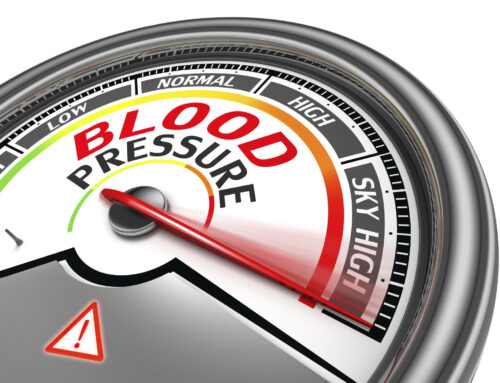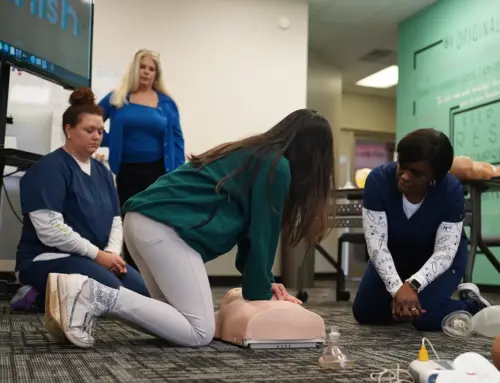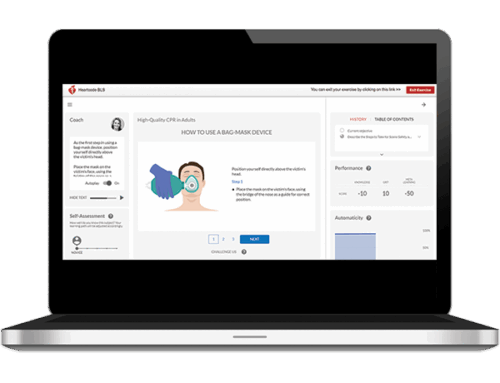In this article, we’re exploring the Top 10 Take-Home Messages for the 2023 Focused Update on Adult Advanced Cardiovascular Life Support.
A common and dangerous illness that affects up to 700,000 people annually in the US is cardiac arrest. To enhance patient outcomes, advanced cardiac life support techniques are frequently employed. The most recent research and recommendations for the use of drugs, temperature control, percutaneous coronary angiography, extracorporeal cardiopulmonary resuscitation, and seizure management in this population are reviewed in the “2023 American Heart Association Focused Update on Adult Advanced Cardiovascular Life Support.” The update also discusses how the assessment of diversity, equity, and inclusion is hampered by the paucity of data in current research on cardiac arrest. It also takes into account the possibility of cardiac arrest patients serving as organ donors for transplant recipients.
The Top 10 Take-Home Pointers for the Adult Advanced Cardiovascular Life Support Focused Update in 2023:
1. Researchers should develop methods to improve the representation of participants from diverse backgrounds and enhance the accuracy of reporting study demographics.
2. Routine administration of calcium for treating cardiac arrest is not recommended.
3. Use of extracorporeal cardiopulmonary resuscitation for patients with cardiac arrest unresponsive to standard advanced cardiovascular life support is reasonable in select patients when provided within a properly trained and equipped care system.
4. Emergency coronary angiography is not recommended over a delayed or selective strategy in patients who regain spontaneous circulation after cardiac arrest, unless they exhibit ST-segment elevation myocardial infarction, shock, electrical instability, significant myocardial damage, or ongoing ischemia.
5. All adults who do not follow commands after return of spontaneous circulation should receive treatment that includes a deliberate temperature control strategy, regardless of arrest location or presenting rhythm.
6. During postarrest temperature control, a constant temperature between 32°C and 37.5°C should be selected and maintained.
7. There is insufficient evidence to recommend a specific therapeutic temperature for different subgroups of cardiac arrest patients.
8. Patients with spontaneous hypothermia after return of spontaneous circulation who do not follow commands should not be routinely rewarmed faster than 0.5°C per hour, whether actively or passively.
9. A therapeutic trial of a nonsedating antiseizure medication may be reasonable for adult cardiac arrest survivors with electroencephalography patterns on the ictal-interictal continuum.
10. Organ donation should be considered an important outcome in the development and evaluation of care systems.
Link to article:
https://www.ahajournals.org/doi/10.1161/CIR.0000000000001194
See our upcoming ACLS Schedule here:
https://cprworksofcharlotte.enrollware.com/schedule
- Charlotte
- Rock Hill
- Gastonia
- Concord
- Cornelius
- Monroe
- Harrisburg
- Matthews
- Mint Hill
- Fort Mill
- Indian Land
- Kannapolis
- Belmont
- Wilmington
- Jacksonville
- Shallotte
- Carolina Beach
- Surf City
- Hampstead
- Sneads Ferry
- Leland
- Southport
- Greensboro
- High Point
- Hickory
- Columbia
- Florence
- Myrtle Beach
- North Myrtle Beach
- Surfside Beach
- Myrrells Inlet
- Conway
- Ocean Isle Beach






Leave A Comment